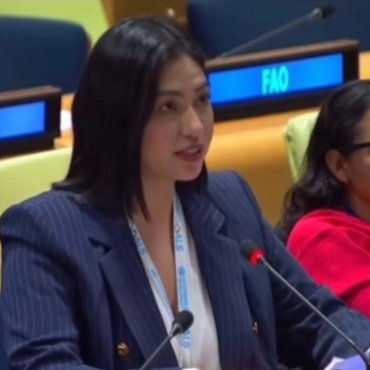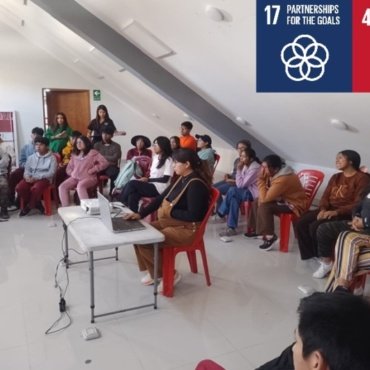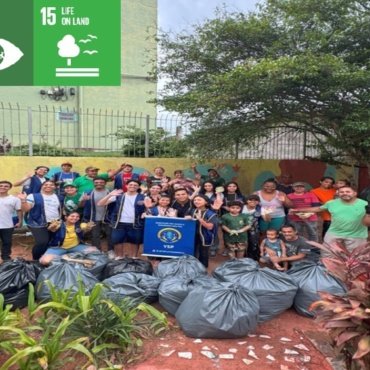Peace Dialogue Week #Angola

During December, eight Dialogue Tables were held, preceded by two boot camps for Ambassadors for Peace and Peacemakers – in preparation for Dialogue Week, an annual event taking place throughout December 1 – 8.
- Gender Equity in Angola Dialogue Table (by the Ambassador of Peace, Eva Rosa Santos).
Some conclusions of this Dialogue Table were:
– Move from intention to action; people are the decision-makers, so everything should start with education, with guidance, training, and support on these topics – involving students, parents, organizations, and the community; deconstruct beliefs daily; gender equity is not a gender struggle but a common good; recognizing people for their achievements, skills, and not gender. - Mapping of Flood-propelled Areas – Case I Municipality of Kilamba Kiaxi Dialogue Table (moderated by the Ambassador of Peace, Manuel Mateus).
The table under the theme: Mapping of areas proponsa to flood.
– Possible solutions:
Municipality of Kilamba Kiaxi concluded that demographic increase, forest deforestation, and anarchic constructions hinder management policies, conditioning the control changes on land, its use, and occupation.
Ecological/environmental education, poverty eradication, income distribution policies, and the promotion of inclusive and sustainable economic growth and employment for all – focusing on fulfilling the UN 2030 Agenda.
– The table proposes what young people can do:
1. Promote meetings between the administrative power and the local community;
- Motivate citizens to more active awareness.
- Inclusion of People with Hearing Impairment in Society 4.0 Dialogue Table (by the Ambassador of Peace, Lucia Stanislas).
Since every human being is endowed with desires and or dreams, the dialogue table asked: what position or status do the deaf or mute occupy in society?
Any development that is intended to be achieved, including the UN Sustainable Development Agenda, can only be achieved when every human being, regardless of the biophysical conditioning, is included.
VIII. Building a Sustainable Peace & Agenda 2030 (moderated by Peacemaker Kelson Sobrinho).
– The dialogue was based on the following points:
Obstacles to peacebuilding; The effectiveness of the institutions; Agenda 2030.
– The challenges in Angola:
Insufficient investment in health; lack of proximity between political power and communities; social and economic inequality; strategies and plans that escape the Angolan reality – social, educational, economic, and financial levels; Inability to include young people in the decision-making process.
– Solutions:
Development and investment in education, and the empowerment of families.
As young people, what can we do?
Investing in the development of personal capabilities; motivate the participation of more young people in the decisions of society.




